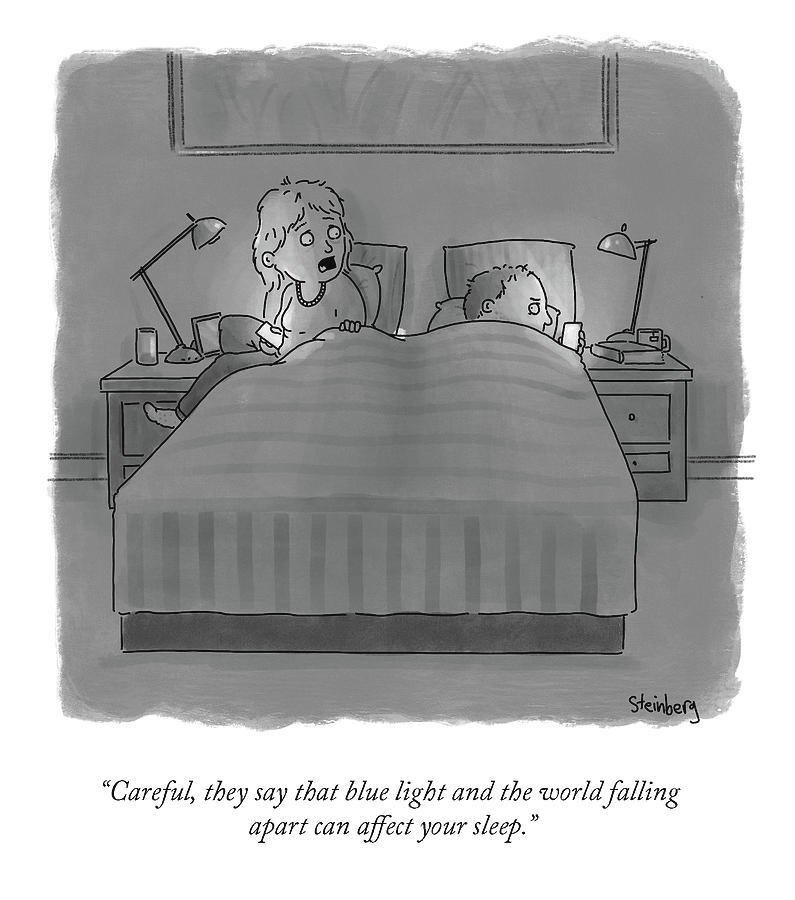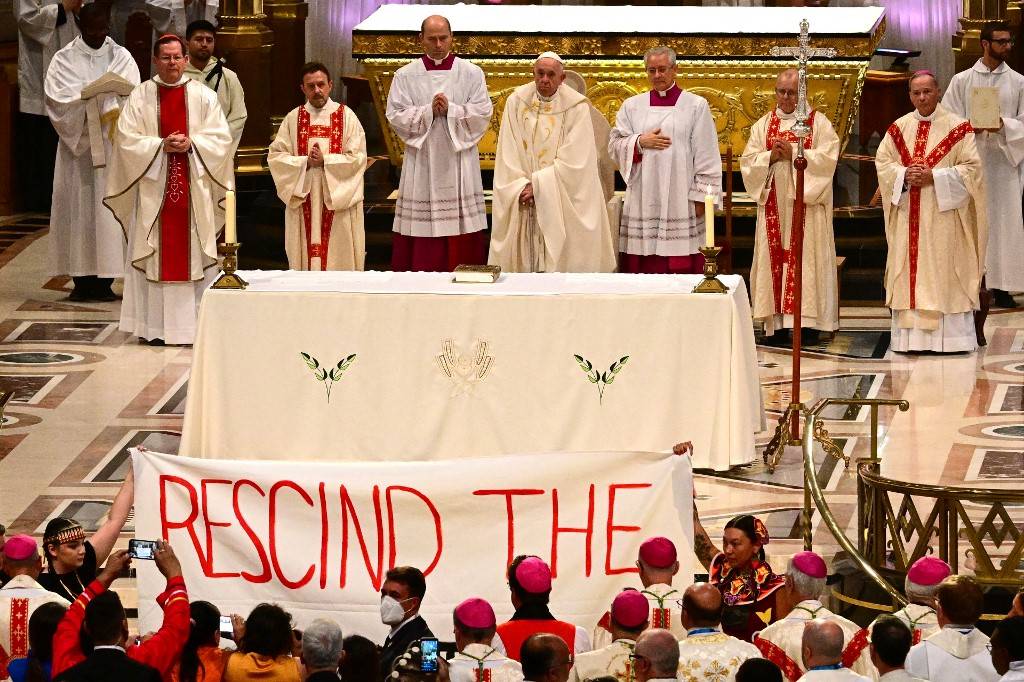My late father, the Rev. James Clare Kellogg, enjoyed almost 20 years of life after his retirement – from Christmas 1987 until his death on June 27, 2007; and they seemed to me like some of the best of his life. In three weeks, I will have enjoyed 20 weeks of retirement, for which I am grateful. But I don’t imagine I will get 20 years. For one, the world situation now seems too challenging.
Not that my father didn’t witness a lot of social upheaval over his nearly 20 years of retirement. There was the Tiananmen Square massacre of June 4, 1989, which brought a Chinese democracy movement to a brutal end; the fall of the Berlin Wall in November 1989; the dissolution of the Soviet Union in 1991; the spread of computer networks (and I fondly remember my father learning to use a Commodore 64 in 1988 and later a Windows PC with which to write sermons for Trinity United Church in Cobourg, where he served part-time in his retirement); the rise of the Internet; 9/11; wars in Afghanistan and Iraq; and so on.
But mostly, Dad’s retirement years focused on the bungalow that he and Mom enjoyed near the shores of Lake Ontario in Cobourg; in his grandchildren, who lived in Cobourg and Toronto; and in maintaining the rhythms of gardening, biking, letter-writing, choral singing, and organ-playing.

I wish that like my father I had a relatively placid time in which to experience retirement. But we are fated to live in the times in which we live, and we are now in an era that began with the election of Donald Trump in November 2016, the first fascist leader of the USA,
I had concluded that there was no “happy” end to history in 1982 when I left the small and distorted world of Toronto’s far left. The two groups that I joined between 1976 and 1982 offered me a lot. But both were unable to stay grounded; and so, I was glad that I had brought the environmental concerns and liberatory impulses I had adopted during high school – 1970 to 1975 – with me.
In 1970 at age 13, I had become an environmentalist. That same summer, I read John Holt’s “How Children Learn” and “How Children Fail,” which helped make sense of my previously inchoate distaste for schooling.
Unfortunately, I also entered the Left as a severe neurotic, and my anxiety helps to explain how intellectual and ungrounded so much of my life till then (and till today!) had been.
The second group I joined in early 1978 was undergoing an encounter with radical feminism. We called it “the politics of personal life,” and I sensed how this engagement with different sexual orientations, gender expressions, and approaches to life and love was what I needed. So, I was bewildered and disappointed when I witnessed an anti-feminist reversal of this stance at a three-day annual meeting of this small group over the Labour Day weekend in 1978.
It took me three more years of study, fruitless debate, and engagement with various political struggles at York University to conclude that there was no future for this brand of socialism. And so, in a moment of deep grief, I decided to leave that group on New Year’s Eve 1981/82.
This defeat also meant that I knew in my bones how easy it was for social activists to go crazy in this world of woes and wonders.
On the positive side, I had learned how humanity had become an objective social reality over the last 500 years of conquest, colonialism, and capitalism; and that there was as of yet no human subject– no “we” – in existence that could tame humanity’s awesome power and help turn its social development from destruction to creation; from devastation to sustainability; and from exploitation to spiritual growth.
That millions of idealistic people had spent the past 200 years unsuccessfully trying to create this human subject also indicated to me there were no longer any decent prospects the human experiment could end well. I understood how the wild expansion of human power – seen most clearly in the growth of the world population from less than 2 billion when my parents had been born in the 1920s to 8 billion this year and whose most dire consequence is climate disaster — will not be tamed. There will probably never be a human subject, an international movement that becomes a human “we.”
In the revolutionary wave that followed World War I, there were decent reasons to hope for human flourishing. But with the murder of the German revolutionaries Rosa Luxemburg and Karl Liebknecht in January 1919 and the horrible transformation of the Russian-led Communist movement into a vast machine of global death and disinformation by the 1930s, that hope was drowned.
Not that I totally gave up on humanity. In 1982, I became involved with the peace movement, met Central American solidarity activists, joined Canadian Action for Nicaragua, and became enamoured of the world-transforming power that lay revealed in Nicaragua and El Salvador in that decade.
I also realized that while the far left was incapable of keeping its members sane, I was still alive. Although humanity’s prospects looked dim to me, there were potentially many decades left to grow in mind, body, and spirit, and to try to love and be loved by those around me.
Nearly 20 years later, I also fell back into the United Church, and I have been graciously showered with the gifts of the communities I have encountered within it.
But then came 2016. I hadn’t known when fascism would once again take the lead in human affairs, but 2016 seems to be it. I am glad that I had nearly 60 years of relative political tranquility in which to enjoy life in a sheltered country like Canada. But the prospects for the near-term future look grim.
The probability of developments like a narrow vote for Brexit in the UK and an “accidental” election of Donald Trump in 2016, and of the success of dictators like Vladimir Putin, Viktor Orban, and Bashar al Assad were some of the reasons I had focused on the figures that showed the United Church of Canada was on its last legs . . . and why the Comprehensive Review process of 2012 to 2015 was so disappointing to me.
If through some set of miracles, the UCC had developed a leadership that could have led us into a decade of dissolution between 2015 and our centennial in 2025; to call on our Protestant, Catholic, Orthodox, and Pentecostal brethren to close as well — with an awareness that 2025 would not only be the centennial of the founding of the UCC, but also the 1700th anniversary of the wretched Council of Nicea of 325; and to call on Muslim, Hindu, Jewish, and other faith groups to join us – and bring to an end the past six thousand years of patriarchal and monarchical religion — our church might have found its voice within the cacophony of late capitalism. This would not have solved the world’s terminal social problems; but it would have given us a place to stand and fight for our sacred values.
Embracing the imminent demise of the UCC was in line with the Way of the Cross as sketched by Mark and Paul, I believe, but it was also a pipedream; and so, the UCC will continue to decline and thrash about pointlessly between now and its centennial in 2025 as bigger fish burn on the fires of environmental and political crises.
Not that I am unaware of the potential for developments of which I would approve. Perhaps Donald Trump will finally receive some of the justice he so richly deserves; perhaps the Democratic Party will make gains this November due to wind put in its sails by attacks on women’s rights by the fascist U.S. Supreme Court; perhaps the NDP will be elected to government in Alberta again in May 2023; and so on.
But my belief that fascism will continue to flourish is based on climate disaster. For more than 40 years, it has been clear that “we” must stop burning fossil fuels. But over that same period, many trillions of dollars have been spent on suburban developments that demand continued use of automobiles for everyday life.
Every penny spent on road construction, highway expansion, snow-clearing, and urban sprawl is “socialism for cars” – and a disaster for the near-term future. The alternative would be to build dense urban neighbourhoods in which most transportation would be on foot, bike, or transit. This wouldn’t stop climate disaster – unfortunately, it is already built into our present and future. But it would make life radically more interesting and soulful. Instead, science-denying fascists with their racist, sexist, and militaristic policies will continue to find success by, among other things, supporting world-destroying infrastructure. As the lamentable Rob Ford said in his first words after being elected Mayor of Toronto in 2010, “the war on the car is over!”
Here’s a pet peeve of mine that might illustrate. I love it when Toronto turns a multi-lane road into a two-lane one — with bike paths and left-turning lanes at major intersections — as it has done over the last few years on streets like Dundas and Davenport. COVID-19 helped to accelerate this trend, as Kim and I witnessed in August 2021 during our last visit to Toronto. Both Danforth and Woodbine Avenues, for example, had been restricted to two lanes. This allows traffic to flow more smoothly; car crashes to decrease because there is no lane-changing; and pedestrian life to be more palatable with the addition of bike paths and outdoor patios. Moving from 8, 6, or 4 lanes to just two is almost always a win-win-win.
But in Edmonton, recent redevelopment of major downtown routes like Jasper Avenue and 109 Street has included few such transformations. Politicians may say they take climate disaster seriously, but infrastructure belies these claims.
Nevertheless, life flows on. I have enjoyed the stability, heat, and dryness of summer this year in Edmonton. Kim and I loved singing in “Song Burst,” a five-day choral experience, which ended with a concert at Fort Edmonton Park on August 19. We have seen a lot of family over the summer, including the ever delightful and now 15-month-old Ethan. And the coming of September means more opportunities to sing, and to enjoy community at SSUC.
Finally, just as I was unable to predict when “2016” would occur, I also can’t predict how climate disaster, imperialist war, and fascist suppression of human rights will unfold over the next weeks, months, years, or even decades. In the meantime, I will continue to try to stay engaged in the struggle and to enjoy each moment of love available to us.
Till next month, Ian



